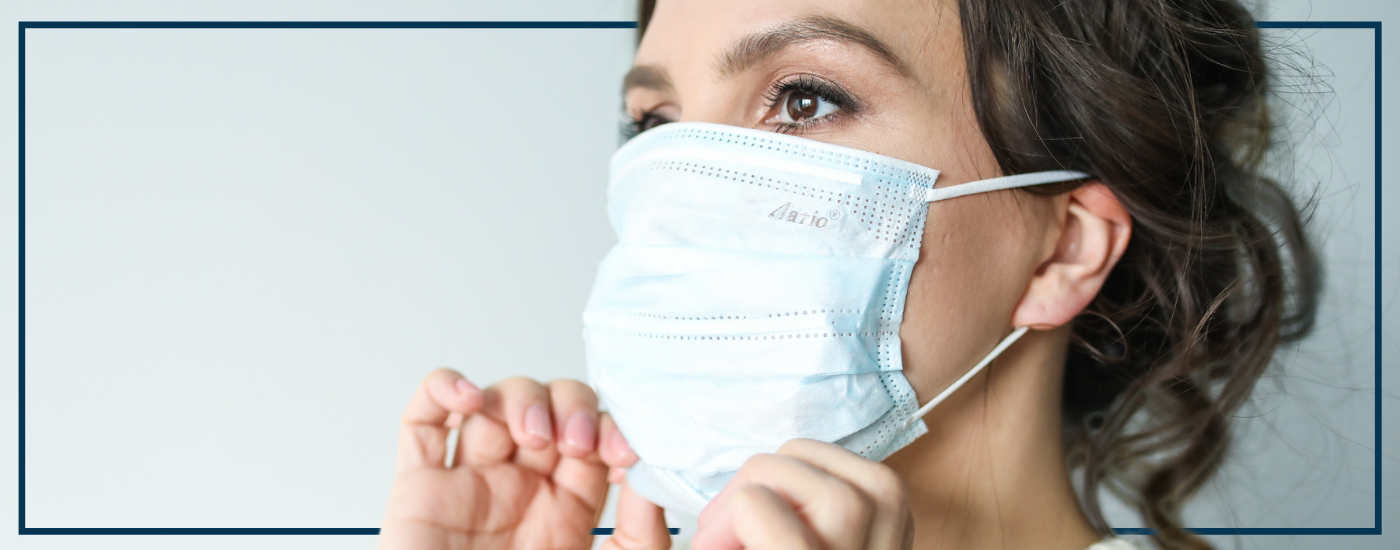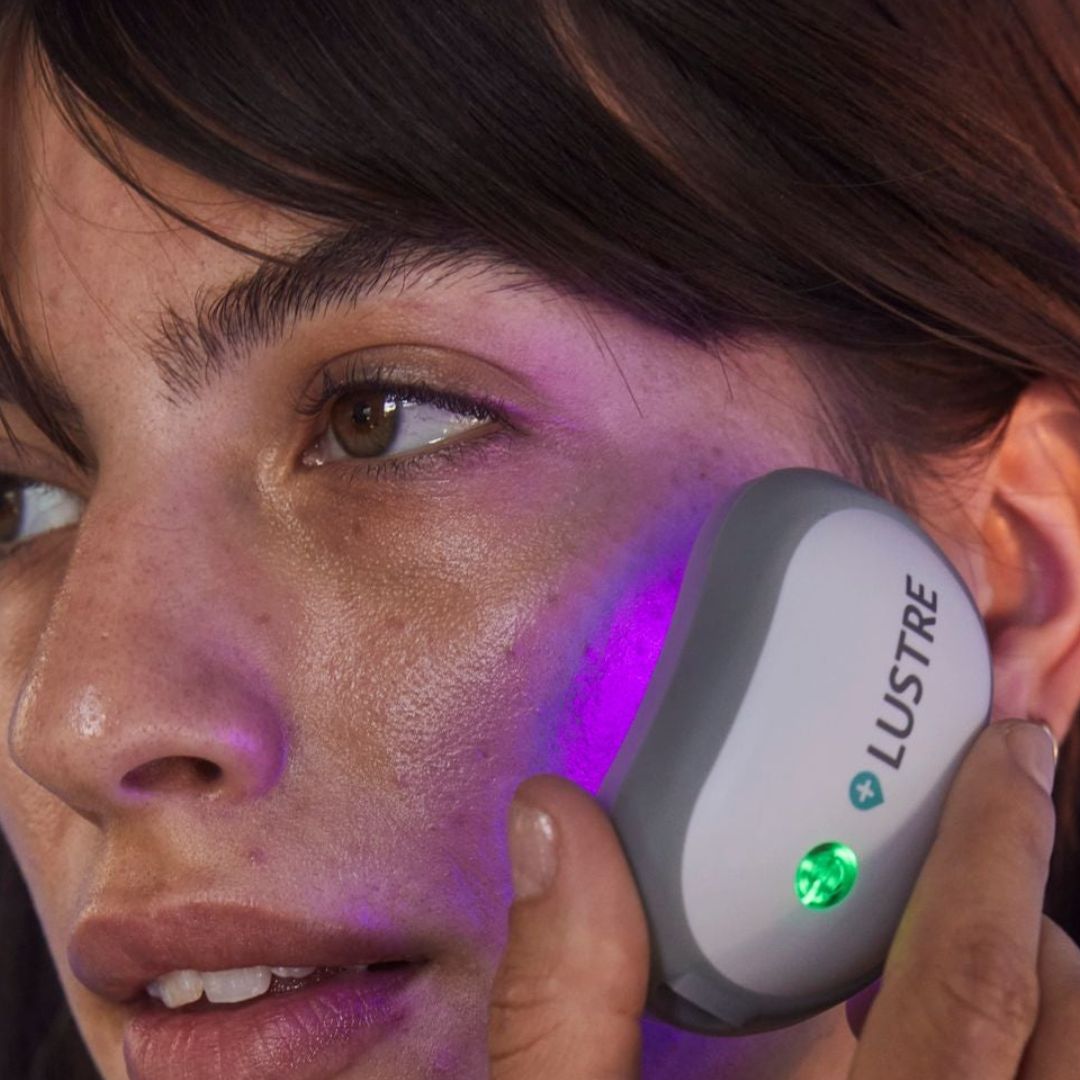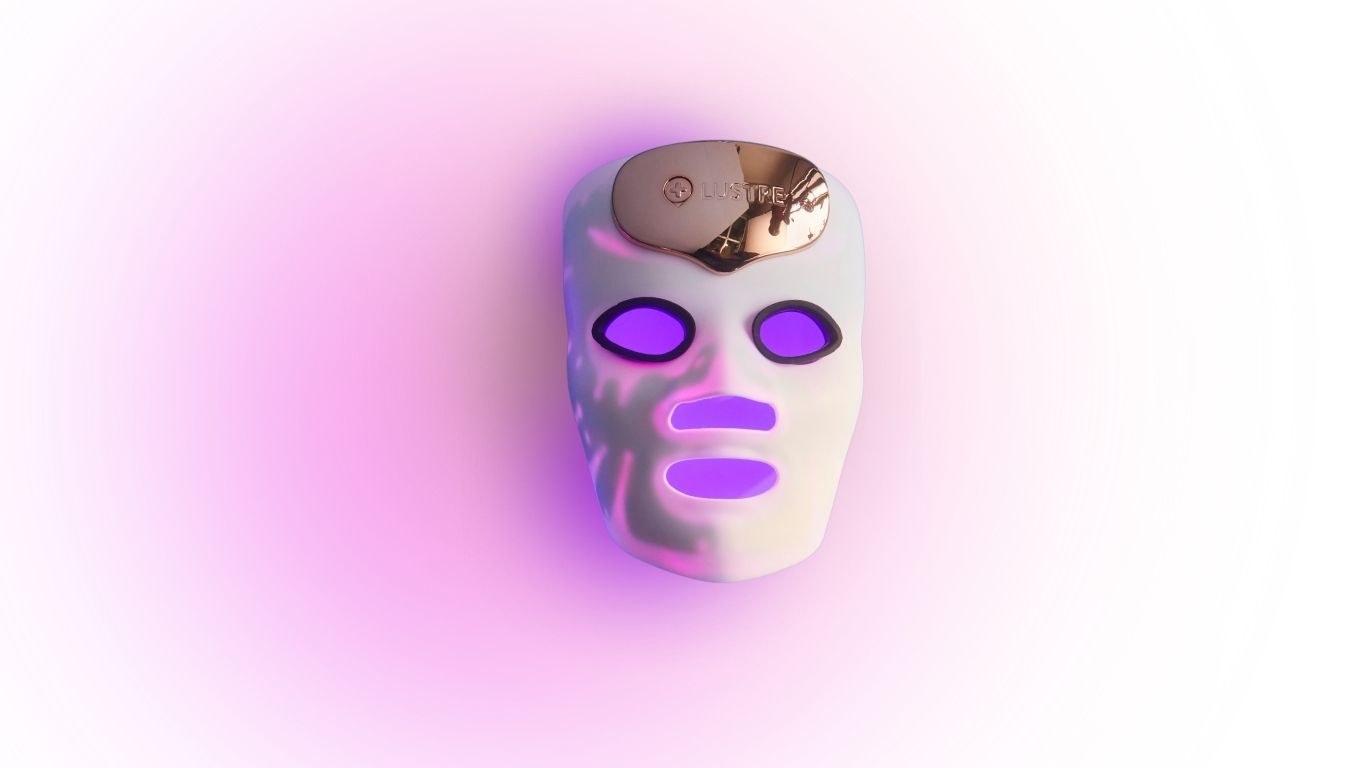The Face Behind the Mask

With new rules coming out that stipulate wearing a mask when on public transport, and while shopping, along with a general encouragement to wear a mask at all times when out, it is increasingly likely that “maskne” will become more prevalent.

Guest blog contributed by Dr Sam Robson, medical director at Temple Clinic, a specialist skin care and acne clinic in Aberdeen.
“Maskne” is a relatively new term coined to describe the breakouts resulting from wearing a face mask.
All skin types will have some form of irritation from wearing a face mask for extended periods of time – due to the physical friction and / or pressure of the material on the skin – and for acne-prone individuals this is an almost sure-fire way to provoke a flare-up of spots. There are several reasons why masks cause irritation:

- The masks trap moisture, sweat and oil close to our skin
- The masks tend to move, and we will constantly touch our faces to adjust them, transferring dirt from our hands onto our face and the mask
- Moving the mask to eat or drink causes friction
- Breathing increases the moisture behind the mask – this changes the immediate environment of the skin, creating a warm breeding ground for bacteria
- Keep your skin clean but use a gentle cleanser that will not irritate your skin
- Use a non-comedogenic moisturiser which will help repair the skin’s barrier function and keep the skin hydrated. Let the skin absorb this for at least 15 minutes before applying the mask.
- Avoid wearing make-up – this will clog the pores and make the mask dirty
- Any spots that appear can be effectively treated using Lustre Solo, a unique hands free pod that delivers blue light which effectively neutralises any bacteria lurking beneath the skin
Pay attention to your mask
The type of mask you are wearing is also important if you are prone to acne. If you are a health care worker and have to wear a specific type of mask such as N95 which can prevent the tiny viral particles from reaching you, then the focus has to be on extremely good skincare. This is because these masks are more likely to cause irritation to your skin.
Cloth masks such as silk or cotton are not as effective at keeping the virus out but are adequate protection for people who are not directly on the front line dealing with infectious patients. A breathable fabric will not increase facial sweating in the same way and silk is thought to be kinder to sensitive skin.

Mask Care
A disposable mask is possibly the most hygienic option for keeping your skin clean – if changed every 4 hours (or when soiled) then it is unlikely to become a reservoir for infection. As long as the mask is allowed to completely dry for 24 hours then it could be used again. A cloth mask needs to be cleaned often, ideally every time you use it. The build up of dirt, make-up, lip balm, oils and even detergent residue can worsen acne and skin irritation when pressed against your face. Wash using a hot wash and ensuring the mask is completely dry before wearing again. If hand washing your mask, then you may wish to soak in some diluted bleach before rinsing just to give it an extra cleansing boost.

If your skin is suffering, then contact the acne experts at Temple Clinic, Aberdeen – they can advise on an effective and affordable skin care regime which will help to bring the breakouts under control whilst repairing and protecting your skin. During lockdown we can provide virtual consultations and samples that will allow you to be sure that the products are suitable for your skin. Wearing a mask is something most of us are going to have to live with but that doesn’t mean your skin has to pay the price.
For more skincare tips, see our previous blog: Stress and Breakouts





